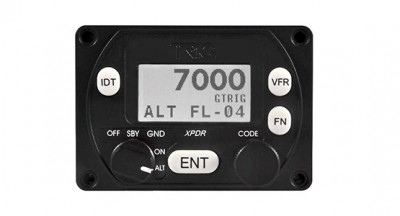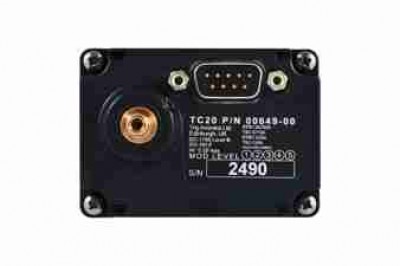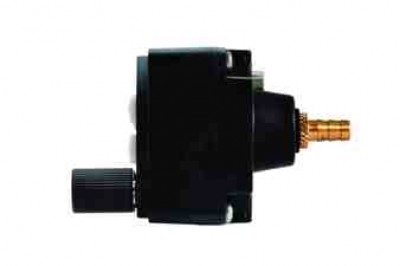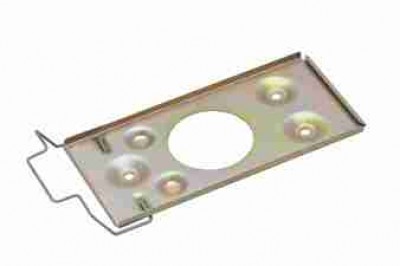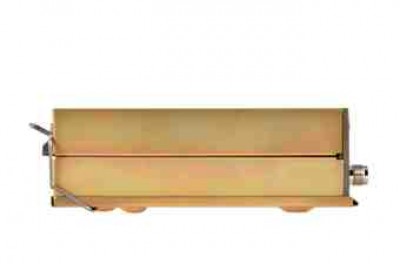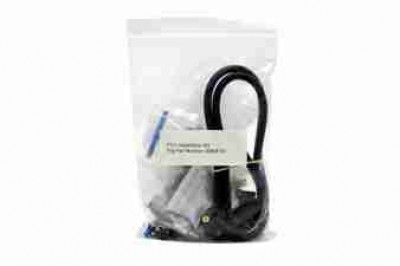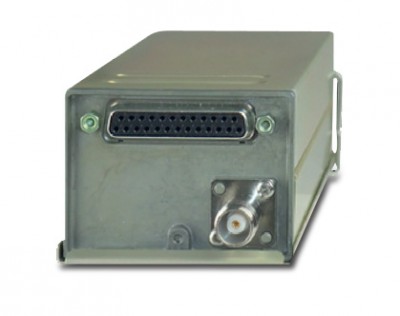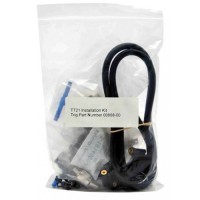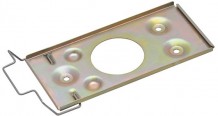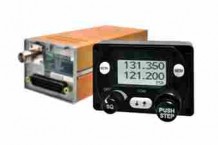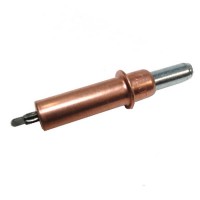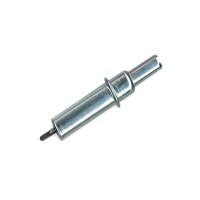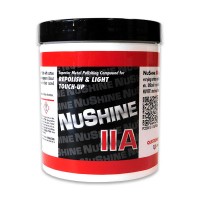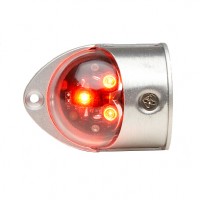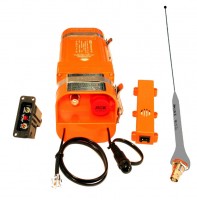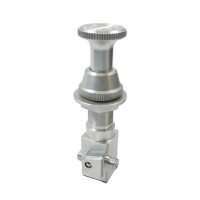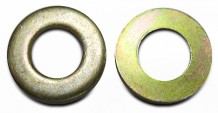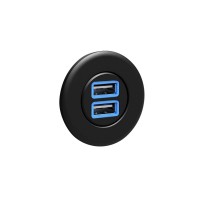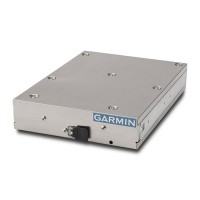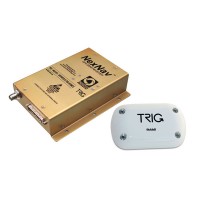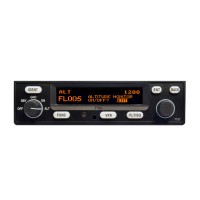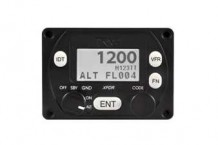1-877-795-2278 | info@aircraftspruce.ca
Aircraft Spruce Canada
Brantford, ON Canada
Corona, CA | Peachtree City, GA
Chicago, IL | Wasilla, AK
Aircraft Spruce Canada
Brantford, ON Canada
Corona, CA | Peachtree City, GA
Chicago, IL | Wasilla, AK
FREE SHIPPING ON ORDERS OVER $699 (SOME EXCLUSIONS APPLY) | 877-795-2278
Trig TT21 Transponder With 4Foot Wire Harness
$4317.00/Each
Part# 11-12076
MFR Model# ASA-00259-SU
MFR Model# ASA-00259-SU
Overview
Trig makes the world’s smallest and lightest Mode S certified GA transponders. The TT21 Trig compact transponder can fit into to the tightest panel space. This allows general aviation, light sport and glider pilots to fit other instrumentation or displays that otherwise might not have been possible. The TT21 is a class 2 transponder and our most popular compact transponder model. |
Features
- Low Weight
- Minimal Panel Space
- Low Power Consumption
- 130 Watts Nominal Output
- Integrated Altitude Encoder
- Simple Installation
- Easy to Use Rotary Knobs
- Support for ADS-B Out
Specifications
- Type: Class 2 Mode S Level 2 Datalink
- Certification: ETSO 2C112b, C88a, TSO C112, C88b
- Compliance: ED73B, DO160E, DO178B level B, DO254, DO181C, DO260A
- Supply Voltage (DC): 10 – 33 V
- Typical Current Consumption: Idle: 0.15 A
- (at 14V) Active: 0.28 A
- Transmitter Power: 130W nominal at connector
- Operating Temperature: -40 to +70 C
- Cooling Requirement: No fan required
- Weight: 1.0 lb (450 g)
- Dimensions: Controller: 64 x 45 x 45 mm
- Transponder: 62 x 45 x 141 mm
Q&A
Please note, Aircraft Spruce Canada's personnel are not certified aircraft mechanics and can only provide general support and ideas, which should not be relied upon or implemented in lieu of consulting an A&P or other qualified technician. Aircraft Spruce Canada assumes no responsibility or liability for any issue or problem which may arise from any repair, modification or other work done from this knowledge base. Any product eligibility information provided here is based on general application guides and we recommend always referring to your specific aircraft parts manual, the parts manufacturer or consulting with a qualified mechanic.

 Aircraft Spruce Canada
Aircraft Spruce Canada
